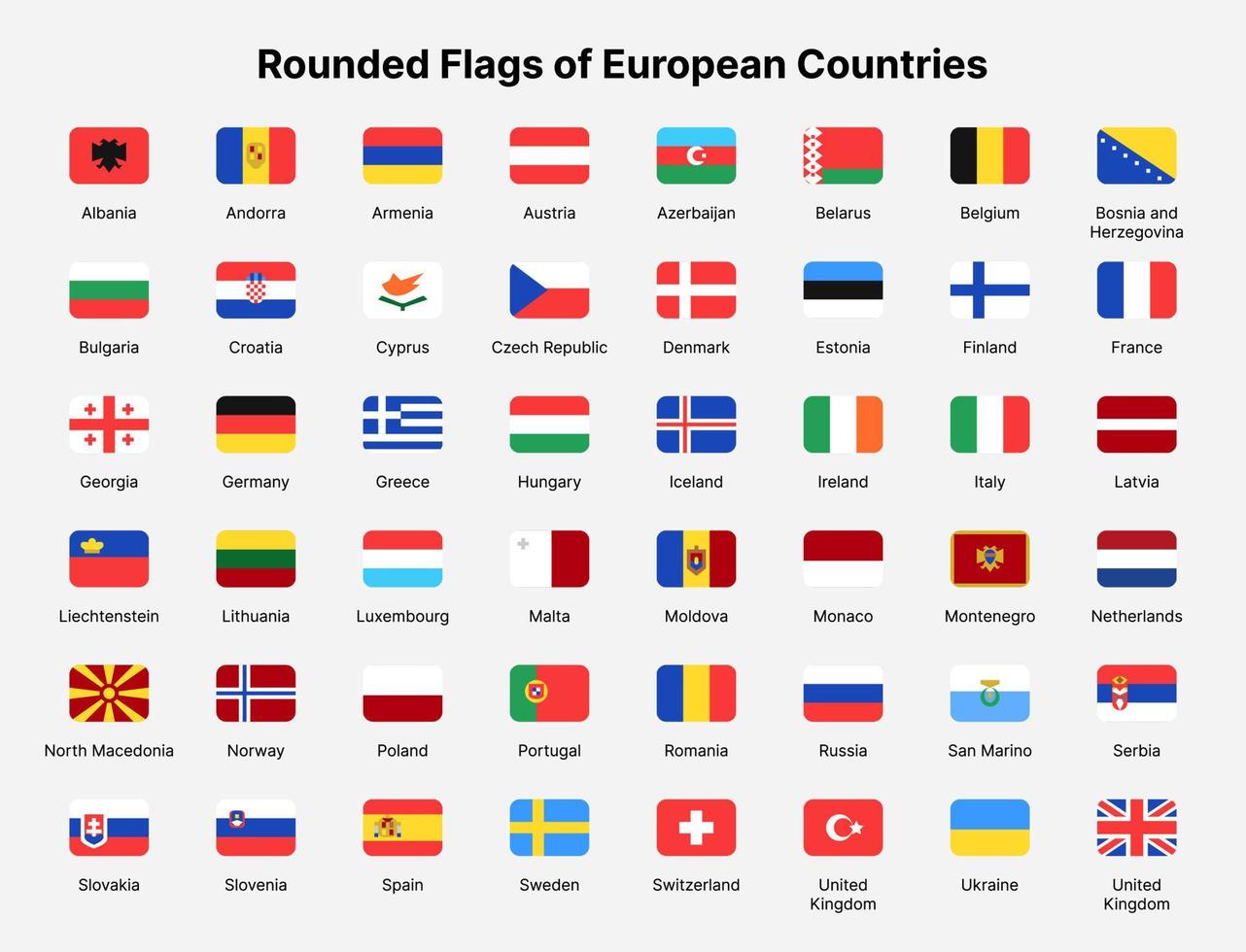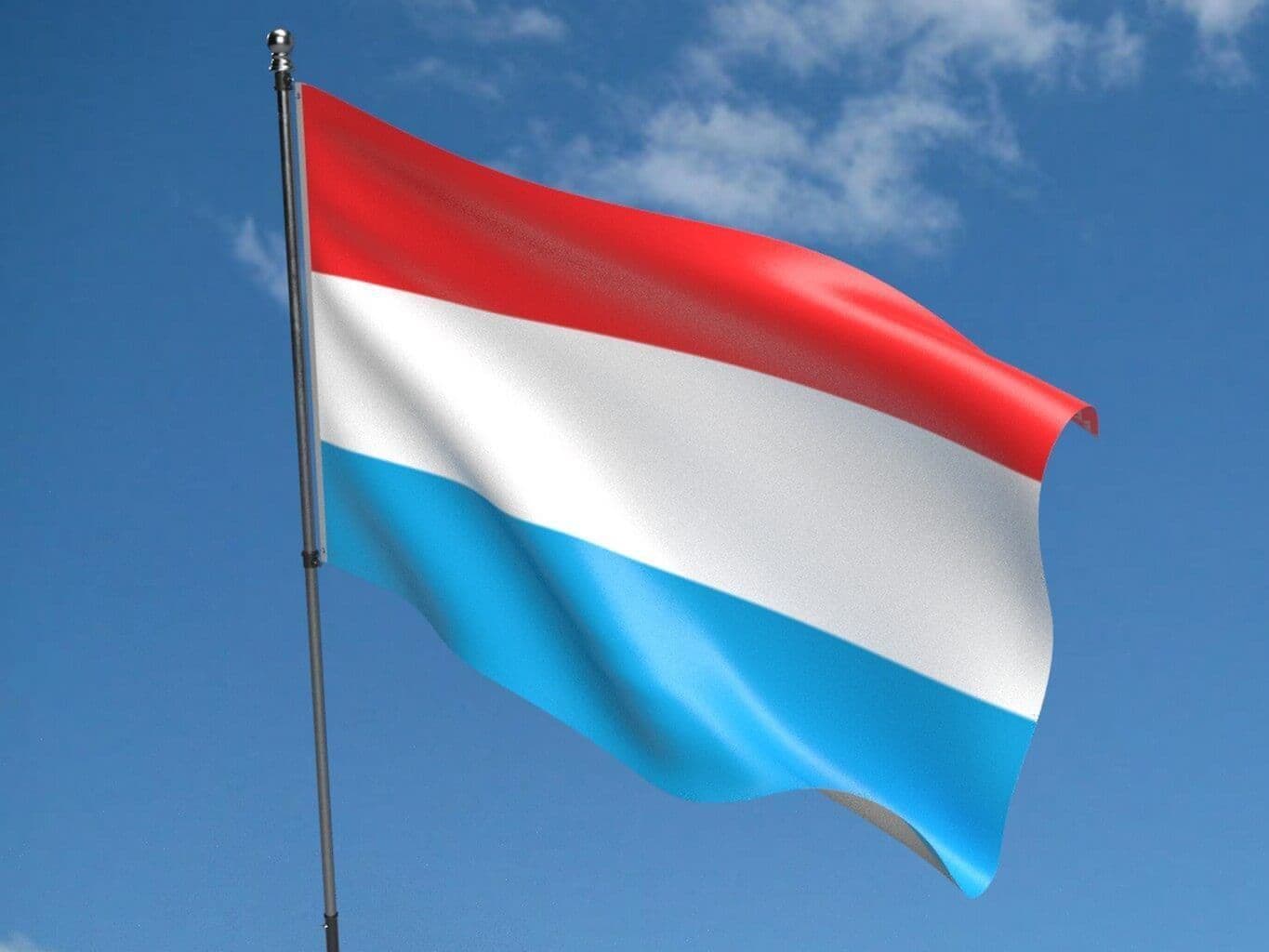France currently does not have an immigration quota or cap system in place. However, it was proposed in 2019 that it would implement a quota system in 2020 which did not happen. The admission and duration of foreigners’ stays in France are controlled by a thorough immigration system. The nation’s immigration laws and policies are designed to entice foreign students, investors, and employees with high levels of competence while preserving border security and border control.

These other articles might interest you:
System of immigration in France
Foreigners must normally get a visa or residency permit to enter France. These documents may be issued for a variety of reasons, including job, study, family reunion, or asylum. Depending on the person’s situation and the reason for their stay, several procedures and conditions must be met to acquire a visa or residence permit. The “talent passport” is a points-based immigration program run by France that enables highly talented employees, business owners, and investors to apply for a residency card. Candidates must fulfill certain requirements to be eligible for the talent passport. These include obtaining a work offer from a French business, having a certain level of education, or proving they have enough financial means.
France’s laws on immigration
Although there is no immigration quota in effect in France, the immigration system is nonetheless subject to some regulations:
Economic migration
This comprises skilled employees, financiers, and businesspeople who go to France for employment or business. To get approval from French authorities, they must fulfill certain qualifying requirements.
Highly skilled personnel
A “talent passport” that permits you to work in France for up to four years may be available to highly competent individuals. You must be a researcher or entrepreneur with a project that has been recognized by French authorities to qualify, or you must have a job offer from a French firm.
Entrepreneurs and investors
A “business creation visa” may be available to entrepreneurs and investors, allowing them to launch or invest in businesses in France. You must fulfill specific financial and economic requirements and have a business plan that has been authorized by French authorities to be qualified.
The reunion of families
This makes it possible for family members of French citizens or authorized residents to move to France. Family members that qualify include:
Children and spouses
A “family reunification visa” may be available to you if your spouse or children are already living in France legally or are citizens of the country. This would enable you to join them there. You must fulfill certain requirements, such as possessing a current birth or marriage certificate, to be eligible.
A parent or other family member
A “family reunification visa” may be available to you if your parents or other dependant relatives are French nationals or residents, allowing you to live with them there. For parents and other relatives, the qualifying requirements are more stringent, so you may need to provide proof that you are financially reliant on them.
Refugee migration
This includes those who are displaced due to persecution, war, or other types of violence in their own country, such as refugees and asylum seekers. Following international law and the EU’s Common European Asylum System, France must safeguard refugees.
Those seeking asylum and refugees
You may be able to find safety in France if you are a refugee or asylum seeker who is escaping persecution, war, or other types of violence in your native country. You must do this by requesting refuge at a French embassy, consulate, or a French border crossing. After that, a procedure will be followed to see whether you qualify for subsidiary protection or refugee status.
Stateless individuals
You may be eligible to seek protection in France as a refugee or by going through a statelessness process if you are a stateless individual who is unable to acquire nationality from any country.
There are further kinds of immigration to France in addition to these, such as immigration for temporary employment or study. These groups do, however, often have their own unique requirements and qualifying standards.




